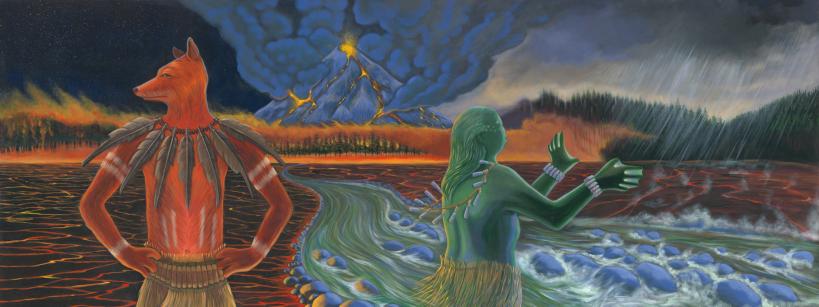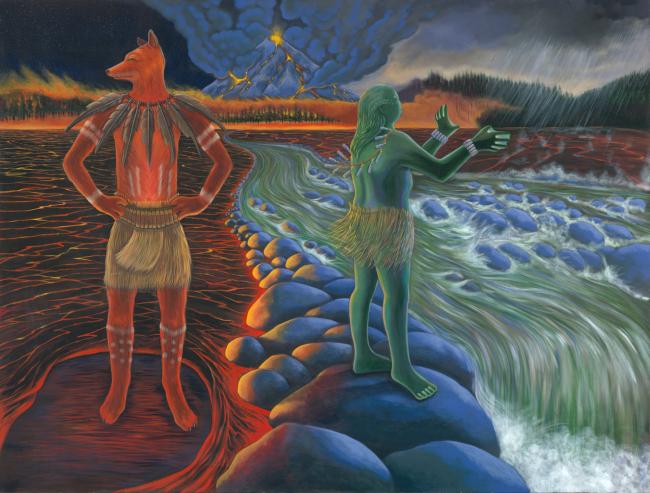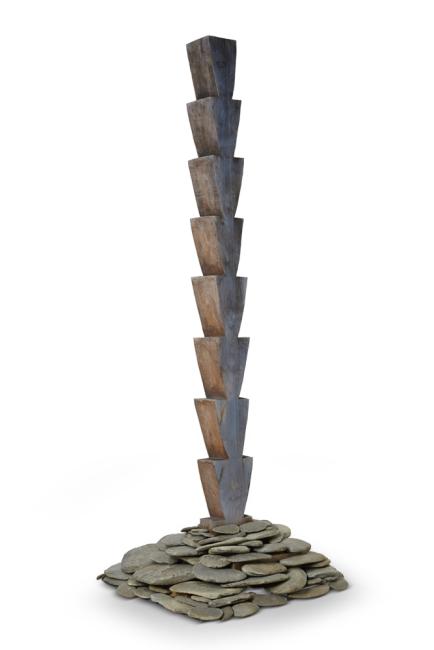Women play a central role in many Native American stories and traditions. Women serve as knowledge keepers, leaders, and as the bedrock of family and community. Their power is often depicted as a force of nature—changing and transforming the world around them. They are our daughters, sisters, mothers, and grandmothers.
Traditions among contemporary California tribes have not wavered and women continue to play a vital role. They are honored for the gifts they bring to the community, including the sacred power to create life. Although Native men were often the prominent public voice in Native activism, women also played a significant role. Several Native women were the first occupiers of Alcatraz—a pivotal act during the Native American Civil Rights Movement in California. That experience inspired many to pursue their goals of becoming leaders within their community. Today, Native women are advocates, teachers, change makers, and more. Their light remains resilient.




